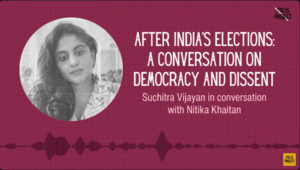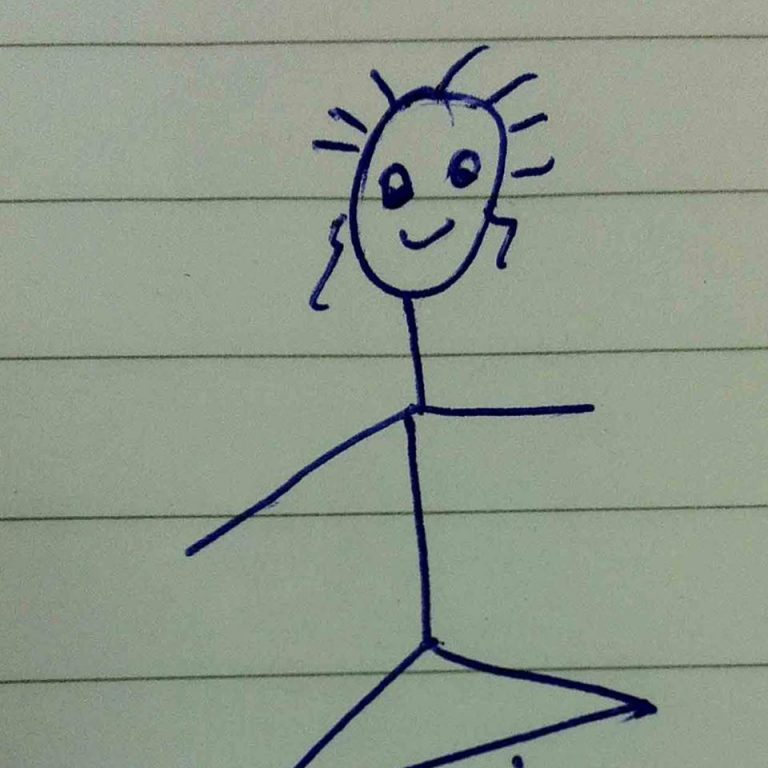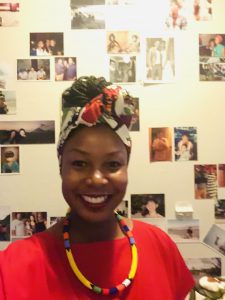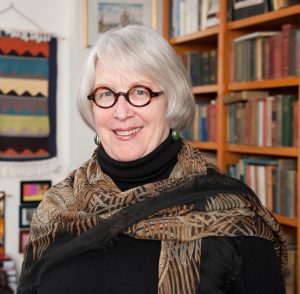
- 5 Objects
5 Objects Podcast |Conversation with Maheder Haileselassie

After some delay, finally, my discussion with photographer Maheder Haileselassie from Ethiopia. Mahedar is a documentary and editorial photographer based in Addis Ababa, and the founder of the Center for Photography in Ethiopia, an organisation that aims to foster visual journalism in Ethiopia, and also act as a centre for ideas, and sharing among local photographers. Africa, African photographers, the question of representation and the complexity of the issue of representation itself, have all been issues close to my heart, and ones I have written about in the past (see here, here, and here for some examples). So it is a great pleasure to meet, get to know, and learn from photographer’s from a region who’s intellectuals, academics and rebels have had a huge role in my own intellectual and political development, but are soon going to be the focus on a new body of work. Mahedar Haileselassie is a new voice, a confident voice, a very individual voice and one that I certainly learn new things from.
We talk about Mahedar’s work, about Haddis Alemayehu’s work Fikre Eske Mekaber, about the influence of her mother on her life and photography, about reading Russian novels before the age of 10, about working while holding a full-time job, and about why it matters that we critique and challenge how the South, Africa and other spaces outside of “Europe” are represented, spoken about and “fixed”.








